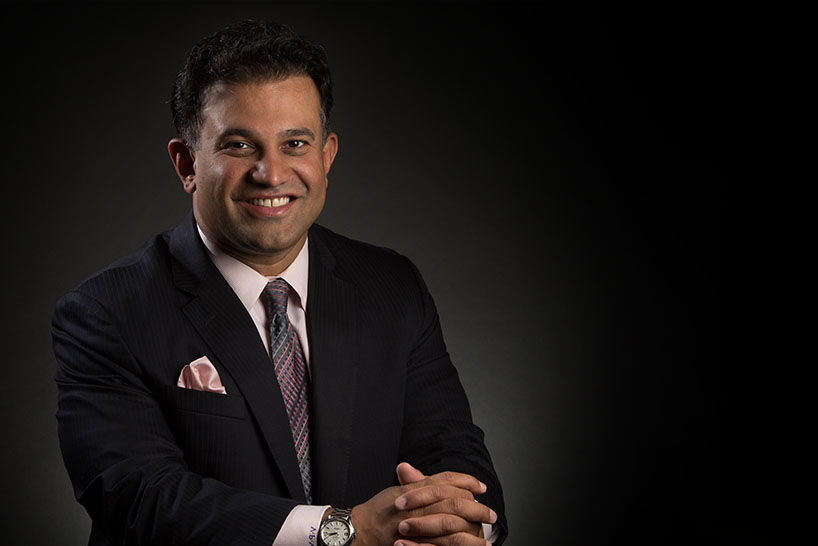Testamentary Trusts
You can also create a trust as part of your last will and testament. This is called a “testamentary trust,” which only becomes effective upon your death, for people or charities you wish to provide for when you die. Testamentary trusts are not only for family members, but can benefit any person or persons, charities or even pets. For example:
- You can state in your testamentary trust that any income or portions of the principal can be paid over time to your spouse, partner, child or friend. The time period for the payout is up to you.
- Personal assets, such as an antique car, can be held for a child until the child reaches an appropriate age of your choosing.
Like a living trust, the principal of a testamentary trust can be almost anything, including:
- Stocks, bonds and other investments
- Real estate and/or residences
- Cars
- Jewelry
- Personal papers
After your death, the beneficiaries of your testamentary trust may be allowed to enjoy your property, such as a house. They can also collect the income from the trust, whether that is rental income, stock dividends, or interest on a savings account. However, it is important that the will itself is executed properly according to New York Law because your testamentary trust is only valid if your last will and testament is approved by the court.
The only way to change or get rid of a testamentary trust is to execute a new last will and testament with changes if your situation or priorities have changed. This is because, prior to your death the trust does not yet exist, and the property that will only become part of the trust after your death still belongs to you. Once you die, a testamentary trust becomes unchangeable and irrevocable, unless the trust says the trustee can amend or revoke its provisions as you, the testator, has instructed.
Legal Editor: David Caraway, April 2015 (updated August 2020)
Changes may occur in this area of law. The information provided is brought to you as a public service with the help and assistance of volunteer legal editors, and is intended to help you better understand the law in general. It is not intended to be legal advice regarding your particular problem or to substitute for the advice of a lawyer.
Our Lawyers

Vinoo V.
LRS Lawyer
Our lawyers are screened and approved – they have all gone through an application and interview process. Each lawyer we recommend has been screened for significant experience, knowledge of ethics codes and rules, and law office practices, including customer service skills and handling of fees and billing.
About Us
When you call us, you will be speaking with an attorney. One of our attorney referral counselors takes your call and talks with you about your legal question, or reviews your online referral request. There is no charge to speak with one of our attorney referral counselors -- we’re here to help.

